The biggest hits of the MCU post-Avengers Endgame, including Deadpool & Wolverine, are highlighting a major and growing problem the franchise has yet to address.
The Marvel Cinematic Universe After Avengers: Endgame
By now, calling the MCU the biggest movie franchise of all time is simply a matter of examining basic math and box office numbers. With that being said, it is also generally acknowledged that the MCU has not been as reliably popular or successful in the aftermath of 2019’s Avengers: Endgame, which even held the record of being the biggest box office hit of all time until James Cameron’s Avatar reclaimed it through re-releases.
Of course, that’s not to say that Marvel is floundering either, and in fact, they have still had some sizeable billion or near-billion-dollar hits post-Endgame, but one shared trait among highlights a major issue Marvel is running into – namely, how much Marvel movies before the MCU are becoming the franchise’s biggest cash cow.
Marvel’s Biggest Post-Endgame Hits Are Rooted In Pre-MCU Nostalgia
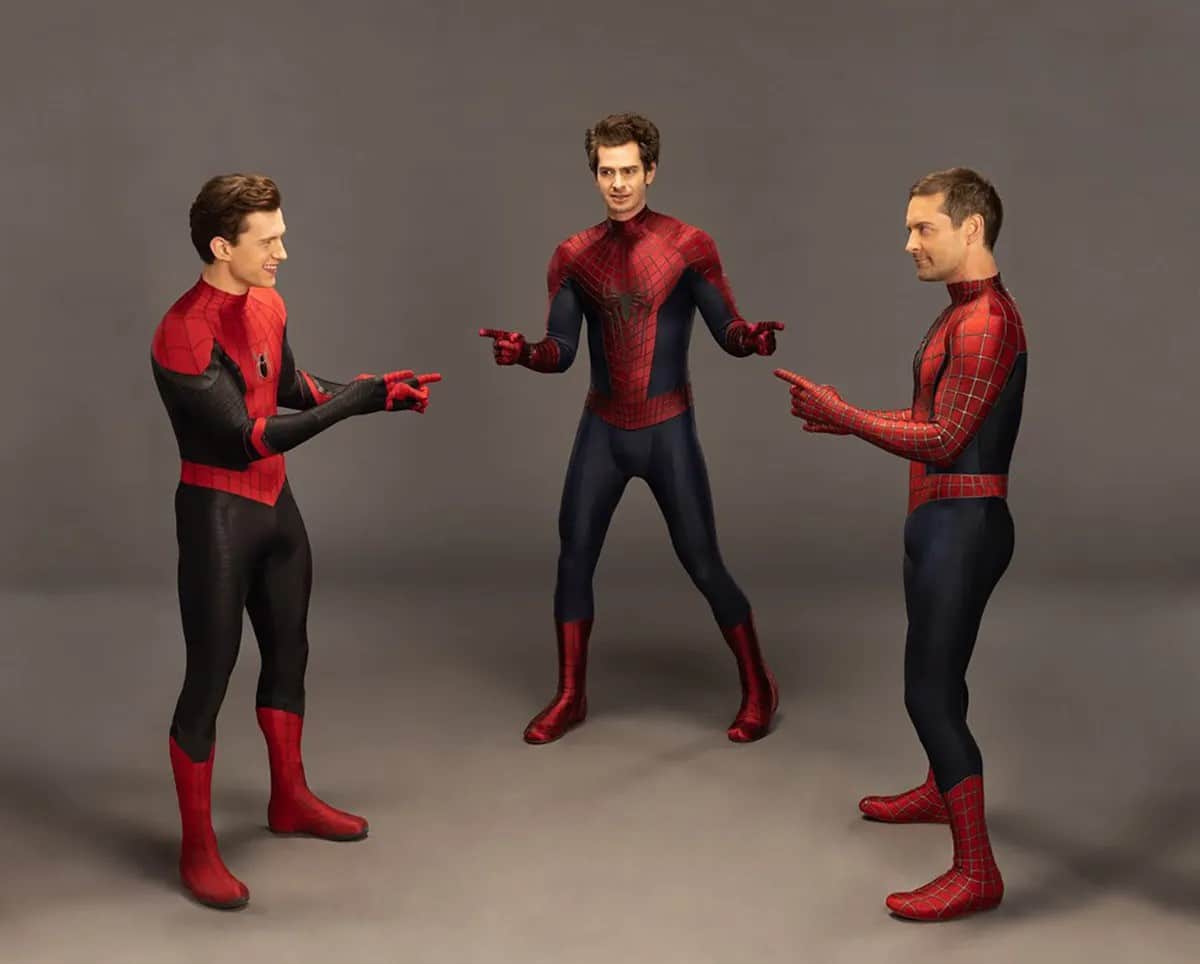
Even Marvel Studios was brought to its knees for a while with the effects of the COVID-19 pandemic, which forced Marvel to postpone Black Widow from 2020 to 2021 and essentially bottleneck a huge number of MCU movies and shows into the latter half of 2021 once theatres started re-opening. Despite this, Spider-Man: No Way Home became the first pandemic-era billion-dollar hit with its gargantuan $1.9 billion haul. Audiences around the world cheered thunderously to Tom Holland’s MCU Web-Head joining forces with Tobey Maguire and Andrew Garfield’s Wall Crawlers against the villains of their respective Spider-Man franchises, and No Way Home’s success is testimony to the power of nostalgia to strike box office gold, as long as it’s properly utilized.
The same can most certainly be said of Marvel’s second post-Endgame billion-dollar hit, Deadpool & Wolverine, which brought Hugh Jackman and several other former Marvel movie stars out of superhero retirement, teamed them up with Ryan Reynolds’ Merc With A Mouth, and scored the biggest R-rated hit in history. Even in the so-close-yet-so-far category, Doctor Strange In The Multiverse of Madness snagged $955 million worldwide while bringing in such cameos as Patrick Stewart’s Professor X and John Krasinski’s Mister Fantastic (and promptly killing them and several others off.) However, even with the success of two billion-dollar hits and one just shy of that benchmark, all three are rooted in a very specific kind of nostalgia – that being pre-MCU Fox and Sony Marvel nostalgia. And this problem is compounded by another issue the MCU is colliding with.
Marvel Has Not Assembled The New Avengers
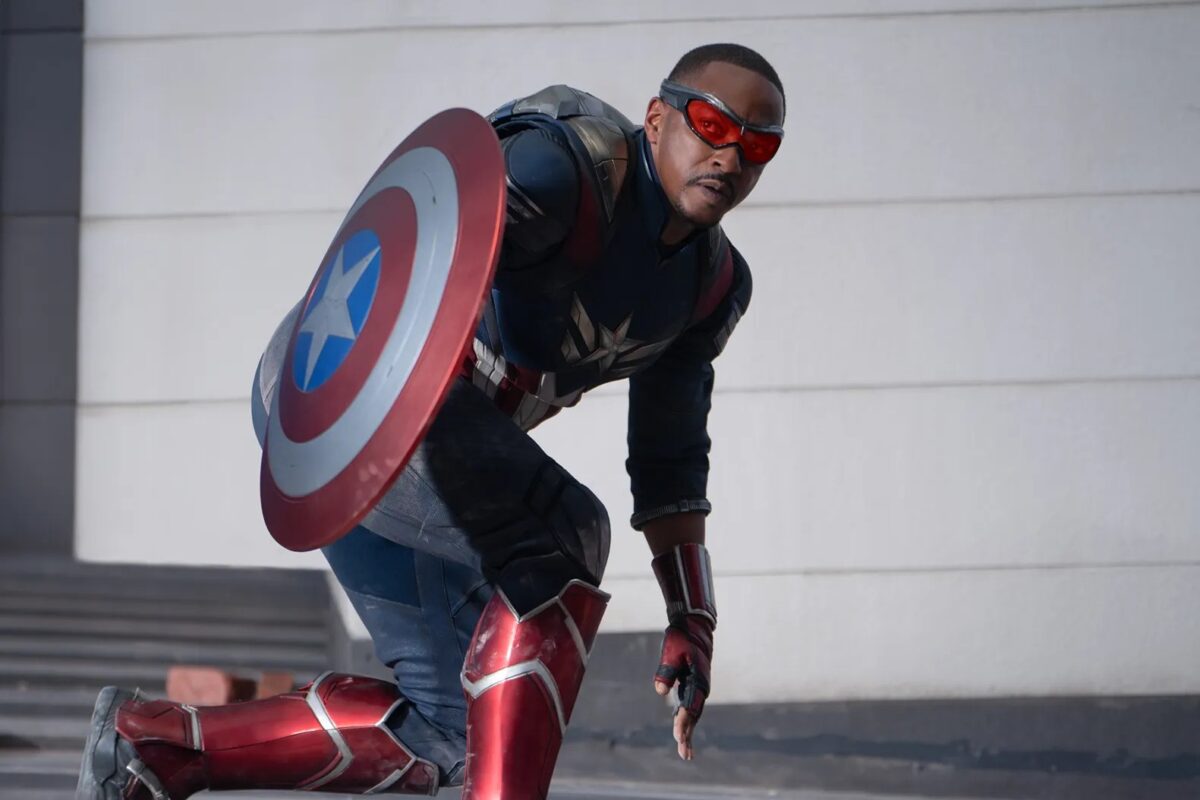
At the end of Avengers: Endgame, Chris Evans’ Steve Rogers passes on the mantle of Captain America to Sam Wilson (Anthony Mackie), while Robert Downey Jr.’s Tony Stark and Scarlett Johansson’s Natasha Romanoff are remembered as heroes for giving their lives to save the universe. While Marvel has introduced numerous new heroes into the MCU to act as successors for the previous Avengers roster, they have also experienced varying levels of popularity. While Marvel has scored hits with Shang Chi & The Legend of the Ten Rings, they’ve also begun to see their share of underperformers or outright bombs in Eternals, Ant-Man & The Wasp: Quantumania and The Marvels.
An even bigger problem is how little interaction most of the MCU’s new hero slate has had since Endgame, with the franchise seemingly drifting from one movie or Disney+ show to the next without much indication of when the next iteration of Earth’s Mightiest Heroes will come together. That’s also without the Fantastic Four having had a chance to properly debut, and the odds of Marvel’s long-gestating Blade reboot actually happening seem slimmer and slimmer, especially after Wesley Snipes’ well-received Daywalker return in Deadpool & Wolverine. All of that speaks to the biggest issue afflicting the post-Endgame MCU.
Marvel’s Nostalgia-Based Hits, Like Deadpool & Wolverine, Could Be A Big Problem For The MCU
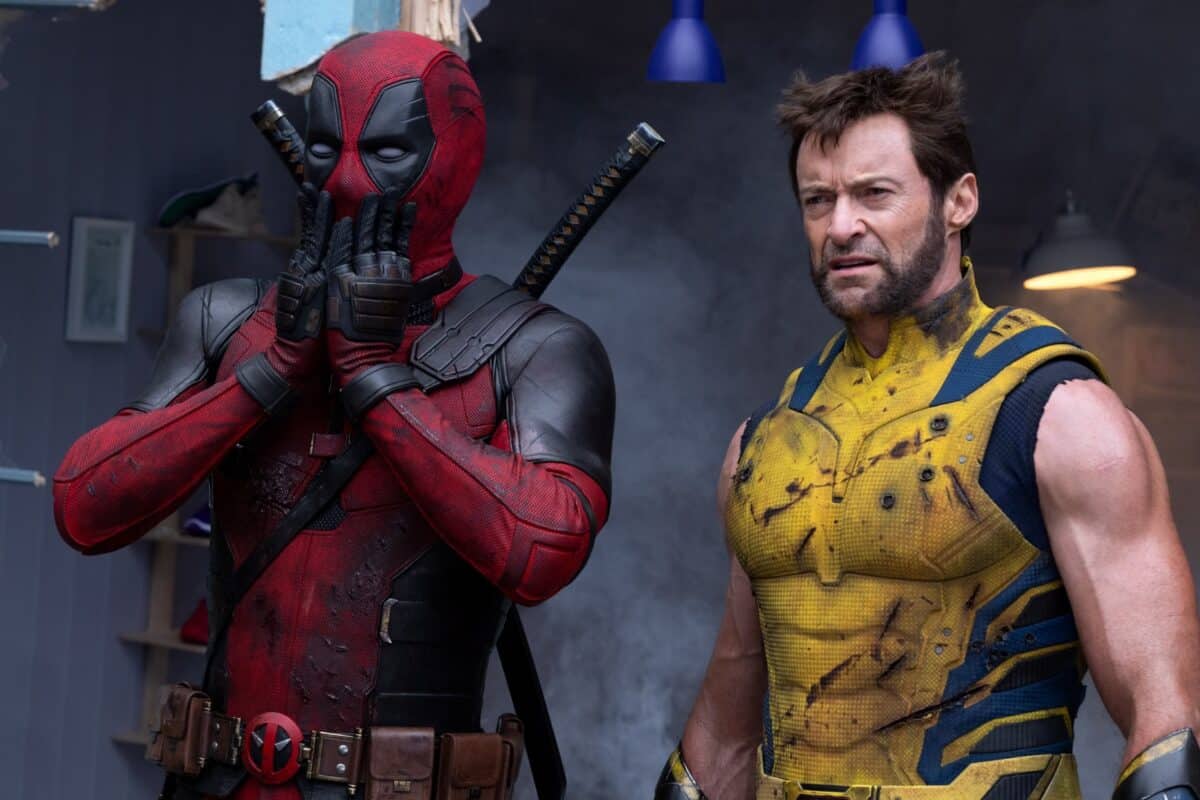
With Marvel’s biggest success stories after Avengers: Endgame being so steeped in nostalgia for cinematic incarnations of Marvel that precede the MCU, it could signal that the MCU’s strengths are rooted in the Avengers it began with and that Marvel Studios has not figured out how to build upon that in a way to match the success of the Infinity Saga. Indeed, the return of Robert Downey Jr. in the new role of Doctor Doom has been interpreted in quite a few fan corners as a nostalgia-driven Hail Mary on Marvel’s part.
Time will tell if that is what Marvel is going for, but Spider-Man: No Way Home, Deadpool & Wolverine, and to a lesser extent Doctor Strange In The Multiverse of Madness being Marvel’s big post-Endgame box office champs could portend that Marvel has created a problem for themselves in training their own audience to look to the past rather than the future.
RELATED: Yes, Zack Snyder’s Justice League Story Really CAN Be Finished – Deadpool & Wolverine Just Proved It
Tell us, do you think Spider-Man: No Way Home and Deadpool & Wolverine have created a big cameo problem fro the MCU?
Deadpool & Wolverine |
|---|
Wolverine is recovering from his injuries when he crosses paths with the loudmouth, Deadpool. They team up to defeat a common enemy. |
 |
|---|
| Studio: Marvel Studios |
| Running Time: 128 minutes |
| Release Date: 26 July 2024 |
| Cast: Ryan Reynolds, Hugh Jackman, Emma Corrin, Morena Baccarin |
| Director: Shawn Levy |
| Writers: Ryan Reynolds, Rhett Reese, Paul Wernick, Zeb Wells, Shawn Levy |
| Genre: Action, Adventure, Comedy |
| Box Office: TBA |


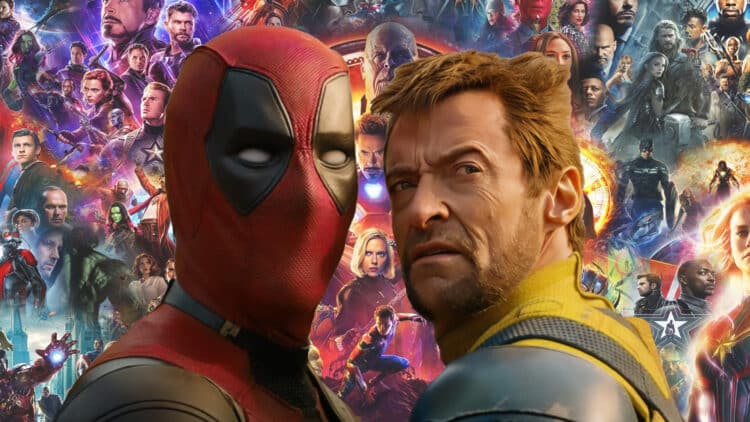
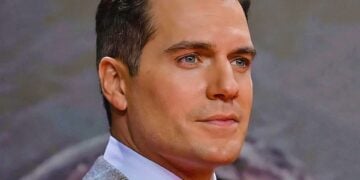
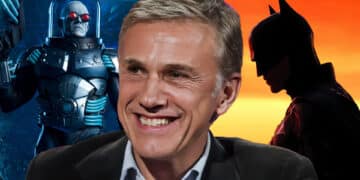
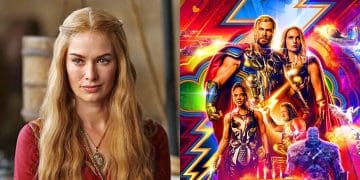
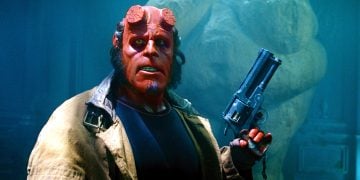

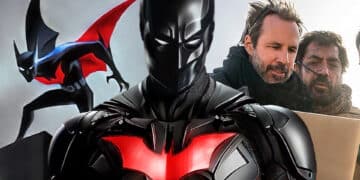
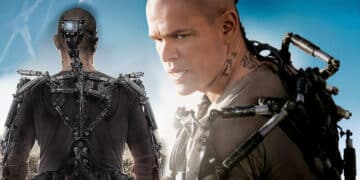

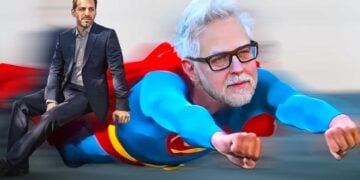
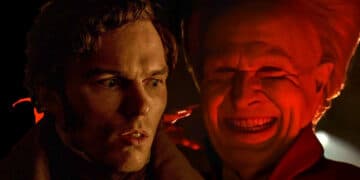
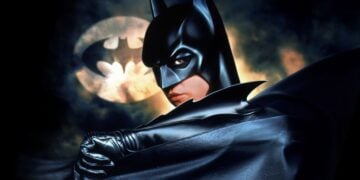
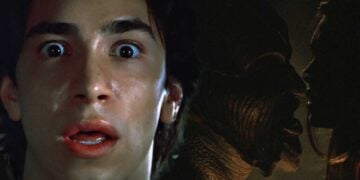
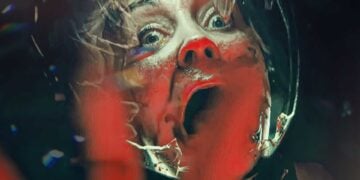
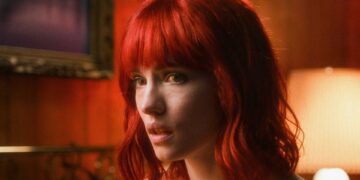
It’s amazing how one can write a whole article and totally miss the point… intentionally. We all know why they stuff fell off after end game. Doesn’t take a genius to know.
We all know why we only go watch the movies they made that made money. You could ask a 5 yr old and he’d break it down more honestly. It’s just a question of asking him to list 5 or 6 things that he didn’t have to see in No way Home and in DP/Wolverine. The problem is that the list would be suppressed and likely never see the light of day.
The nostalgia bit that you suggest is not the problem, that’s an opportunity to face facts.